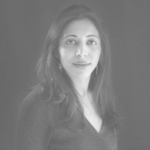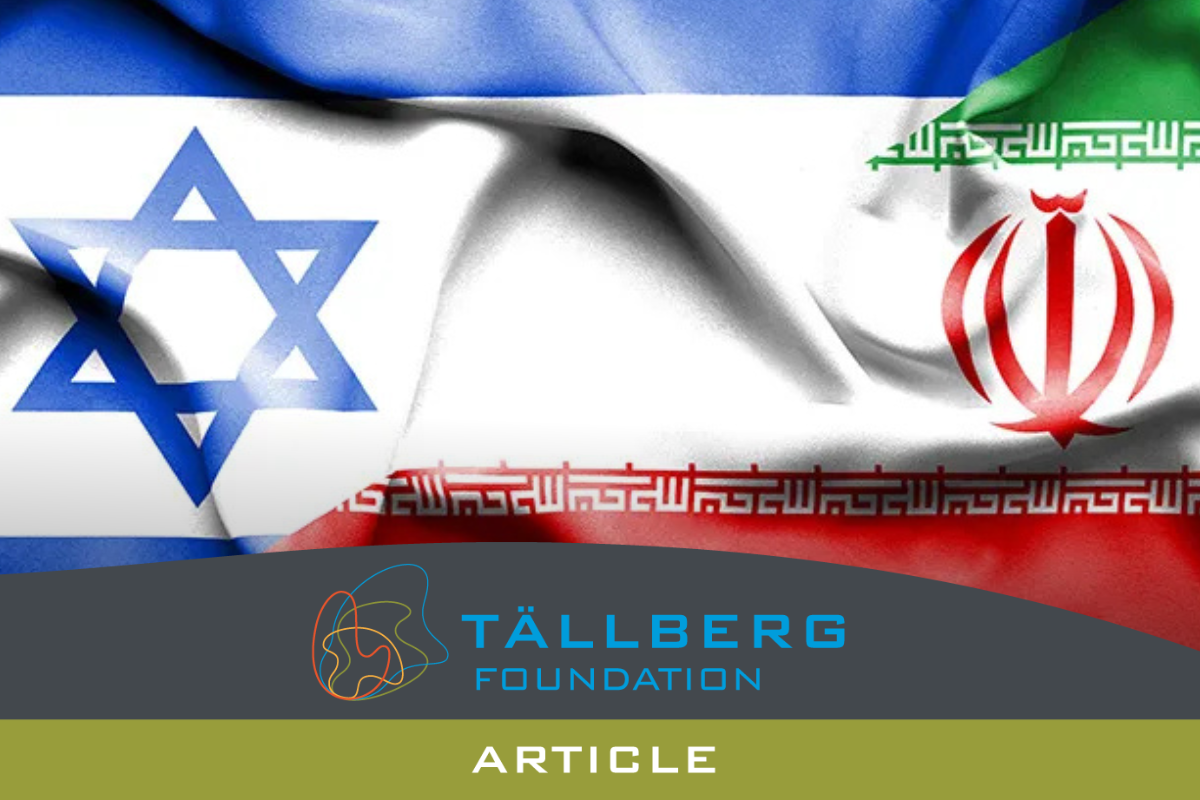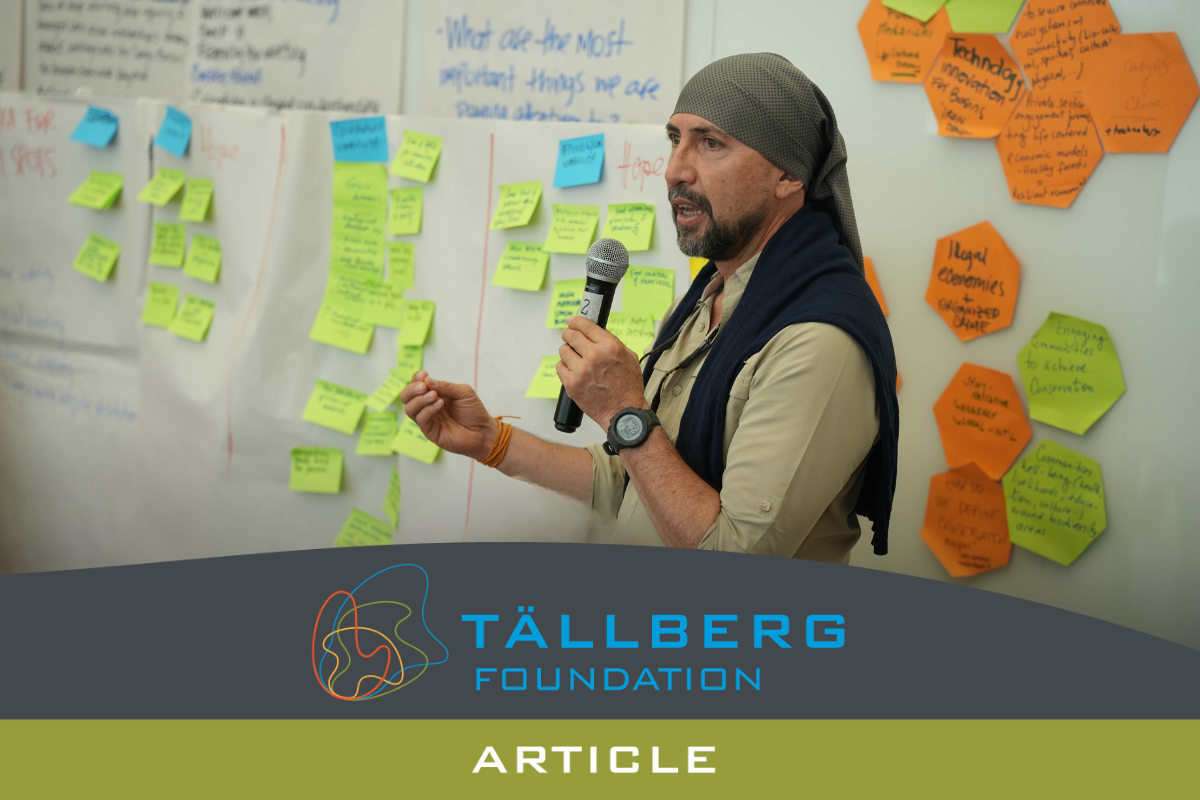“What we’ve seen happening is the acceleration of the spread of hate, based on political leadership, on political conversation, on groups who have an agenda to spread that hate.” — Sarah Durieux
The world has always been divided between haves and have-nots; between the rich and the not-rich; between those with power and the powerless. Democracy was supposed to close those gaps, empowering the majority who, presumably, would insist on greater equity, equality, and opportunity. Fast forward to the 21st century when ubiquitous information technology has widened at least the perception of those gaps, facilitated rising partisanship, and amplified the voices of extremists, even of people whose pathologies drive them to violence. One result is a widespread perception of growing extremism and hate, which damages democracy.
“I don’t think that technology creates those problems,” says Sarah Durieux of Change.org. Technology “accelerates them, but it can also accelerate the resolution of the problems… the Internet has just completely transformed the ways in which humans form relationships; it’s allowed hate to flourish in entirely new ways,” she adds.
Vidhya Ramalingam, who leads an organization that uses technology to disrupt and counter violent extremism, also recognizes that tech can be misused: “We are seeing a scale of ‘online harms’ that we have never seen before.” Nonetheless, she insists “I’m hugely optimistic about the possibility for society to use technology, to really fix a lot of the harm we’re dealing with today.”
Both Ramalingam and Durieux see themselves as deeply committed change agents who believe that people and societies have the capacity to change, regardless of how dark they become, and that technology can help. As Ramalingam puts it, “All of my work is premised on the belief that change is possible…I have spent the last decade working with individuals that were once embedded in hate movements, people who did and perpetrated awful violent things. And I have seen them come through a journey and do the hard work it takes to pull themselves out.”
Moreover, she explains that “all of the work I do to create change and to pull people out of that dark place is entirely based on helping people connect with the right other humans in their lives or people who aren’t yet in their lives, who can help them get out. And I believe technology can allow us to do that at scale.”
Durieux, whose organization helps people and communities organize online, focuses on people who “feel they cannot change their world, that they are discarded, disregarded…our theory of change at Change.org is this: if we can really equip people with the tools and the skills and the confidence they need in order to make their communities or even the world a better place, we believe that they will all come together.” Even in a world that seems excessively partisan, she believes that people have more in common with each other than they sometimes realize. She insists that “Through activism, through participation, you can realize how much you have in common with people around you who also want to live in peace, in harmony, in serenity with their neighborhood, with people in their country, with people across the globe.”
And that is where the upside of technology kicks in since social media platforms “create the kinds of bridges between people that can really reach across that divide and reach into someone’s heart.”
Nonetheless, they both argue that tech companies and their management have failed to police the platforms in the best interest of society. Ramalingam “Really wants the tech sector to stand up and take a stance on all forms of incitement to violence….to go beyond and not wait for governments to designate groups as terrorists in order for them to then act on their platforms…to see standardized action, basically applying standards evenly across the board.”
That said, based on her extensive experience with the management of tech companies, she asks what sounds like a rhetorical question: “Do I have confidence in their ability to do it in a way that is meaningful, evenly applied and genuinely will have the impact that is required across countries?” It’s not rhetorical, though, since she has an answer: “No!”
Durieux also seems skeptical about the tech companies. “Do we want those platforms to be the ones deciding what stays online and what doesn’t? The difficulty is to have the right balance between wanting those platforms to be responsible and to take action against hate and having them becoming the new regulator of speech online.” Are judges and courts equipped to move fast? Do they understand technology? How to organize an efficient, fair process? “We need institutional and political leadership to solve for that at the European level and at the global level.”
But, there’s the rub: “We need to change political leaders,” Durieux insists. Maybe not all at once, but sooner rather than later and across the board. Those new leaders “will come from spheres of activism, of social entrepreneurs, of social good innovators who have in their DNA, the idea of participation, listening to people and what they believe in. Associating people with decisions and trusting their ability to make the best choices… New leaders who better represent the people living in democracies today.”
Of course, progressive leaders like Ramalingam and Durieux seem to assume that “better” means electing politicians who are similarly progressive. How then to explain the growth of populism in North America and in Europe? Ramalingam’s answer: “There are some legitimate social grievances which have underpinned the growth of those sorts of movements…We do need to ask ourselves some tough questions about how to get at the root of those questions…so that those individuals are not compelled to follow politicians who give them simplistic solutions.”
At least some of the more than 74 million Americans who voted for Donald Trump would probably disagree with that analysis.
But Durieux—who wants a deep political house cleaning—recognizes that the left also falls short. “A political response from the progressive side of the spectrum needs to happen right now…there’s accountability that’s needed from the political sphere, just like there needs to be accountability from the tech platforms, as well as accountability from people…and better public participation.”
As Ramalingam puts it, “I see a bright future ahead of us. We just need to find a way to get there.”
Let us know what YOU think and leave your comment below.
Sarah Durieux and Vidhya Ramalingam recently spoke with Alan Stoga as part of the Tällberg Foundation’s “New Thinking for a New World” podcast series. Hear their whole conversation here or find us on a podcast platform of your choice (Apple Podcast, Spotify, Acast, Stitcher, Libsyn, etc).
ABOUT OUR GUESTS
 Sarah Durieux is Executive Director of Change.org France, the world’s largest online petitions platform that allows anyone to start a campaign on an issue they care about. A specialist in citizen mobilizations, community organizing and digital strategies, she has also worked for various NGOs such as the Nicolas Hulot Foundation, WWF and SOS Children’s Villages. In 2021, she published “Changing the World” an activism handbook based on the decade spent supporting beginners activists.
Sarah Durieux is Executive Director of Change.org France, the world’s largest online petitions platform that allows anyone to start a campaign on an issue they care about. A specialist in citizen mobilizations, community organizing and digital strategies, she has also worked for various NGOs such as the Nicolas Hulot Foundation, WWF and SOS Children’s Villages. In 2021, she published “Changing the World” an activism handbook based on the decade spent supporting beginners activists.
 Vidhya Ramalingam is Founder of Moonshot CVE, an organization that uses technology to disrupt and counter violent extremism globally. She directs overall strategy and oversees campaigns, software development, and digital projects in over 25 countries. Under her leadership, Moonshot has pioneered new partnerships with tech companies to respond to violent extremism on their platforms, online intervention programs to pull individuals out of violent movements, and the use of automated messaging to disrupt hate groups online. Vidhya is recognized internationally for her role leading policy responses to white supremacist extremism and terrorism. Following the 2011 attacks in Norway, she led the European Union’s first inter-governmental initiative on white nationalist terrorism and extremism, initiated by the Governments of Sweden, Norway, Denmark, Finland, and the Netherlands, and launched by the EU Commissioner for Home Affairs. She regularly advises Big Tech and Heads of State on tackling white supremacy online, including recently the Prime Ministers of New Zealand and Norway. She has testified before the U.S. Congress on the global threat posed by white nationalist terrorism. Vidhya also serves on the Board of Life After Hate, an organization set up by former white supremacists to help individuals leave hate groups. In 2020, she was named an Obama Leader by the Obama Foundation.
Vidhya Ramalingam is Founder of Moonshot CVE, an organization that uses technology to disrupt and counter violent extremism globally. She directs overall strategy and oversees campaigns, software development, and digital projects in over 25 countries. Under her leadership, Moonshot has pioneered new partnerships with tech companies to respond to violent extremism on their platforms, online intervention programs to pull individuals out of violent movements, and the use of automated messaging to disrupt hate groups online. Vidhya is recognized internationally for her role leading policy responses to white supremacist extremism and terrorism. Following the 2011 attacks in Norway, she led the European Union’s first inter-governmental initiative on white nationalist terrorism and extremism, initiated by the Governments of Sweden, Norway, Denmark, Finland, and the Netherlands, and launched by the EU Commissioner for Home Affairs. She regularly advises Big Tech and Heads of State on tackling white supremacy online, including recently the Prime Ministers of New Zealand and Norway. She has testified before the U.S. Congress on the global threat posed by white nationalist terrorism. Vidhya also serves on the Board of Life After Hate, an organization set up by former white supremacists to help individuals leave hate groups. In 2020, she was named an Obama Leader by the Obama Foundation.





0 Comments